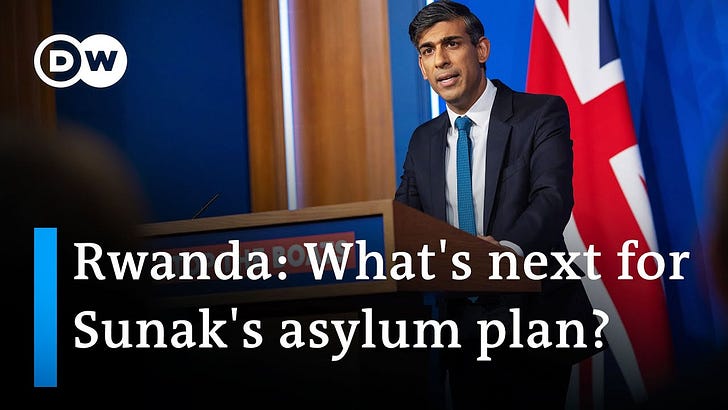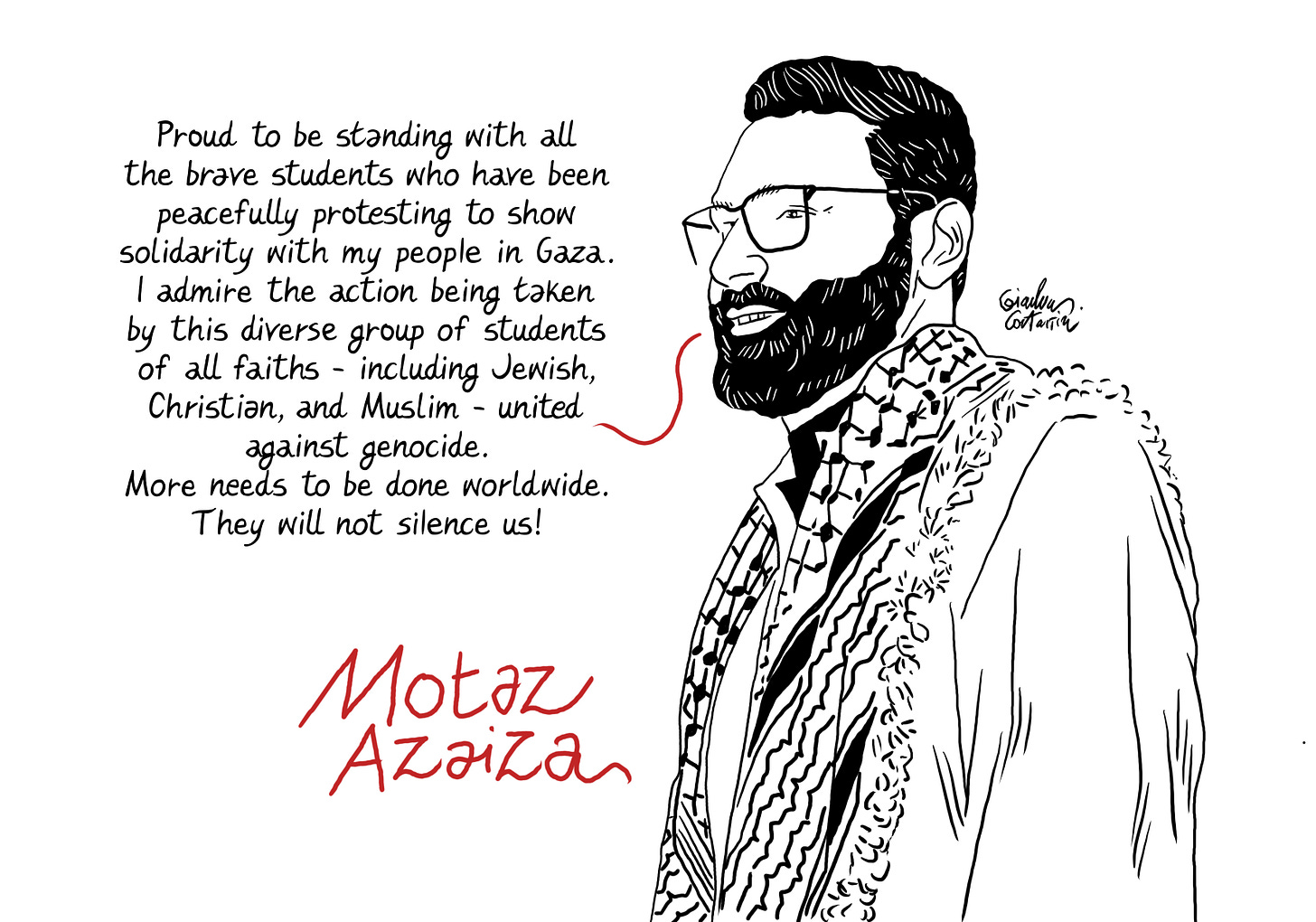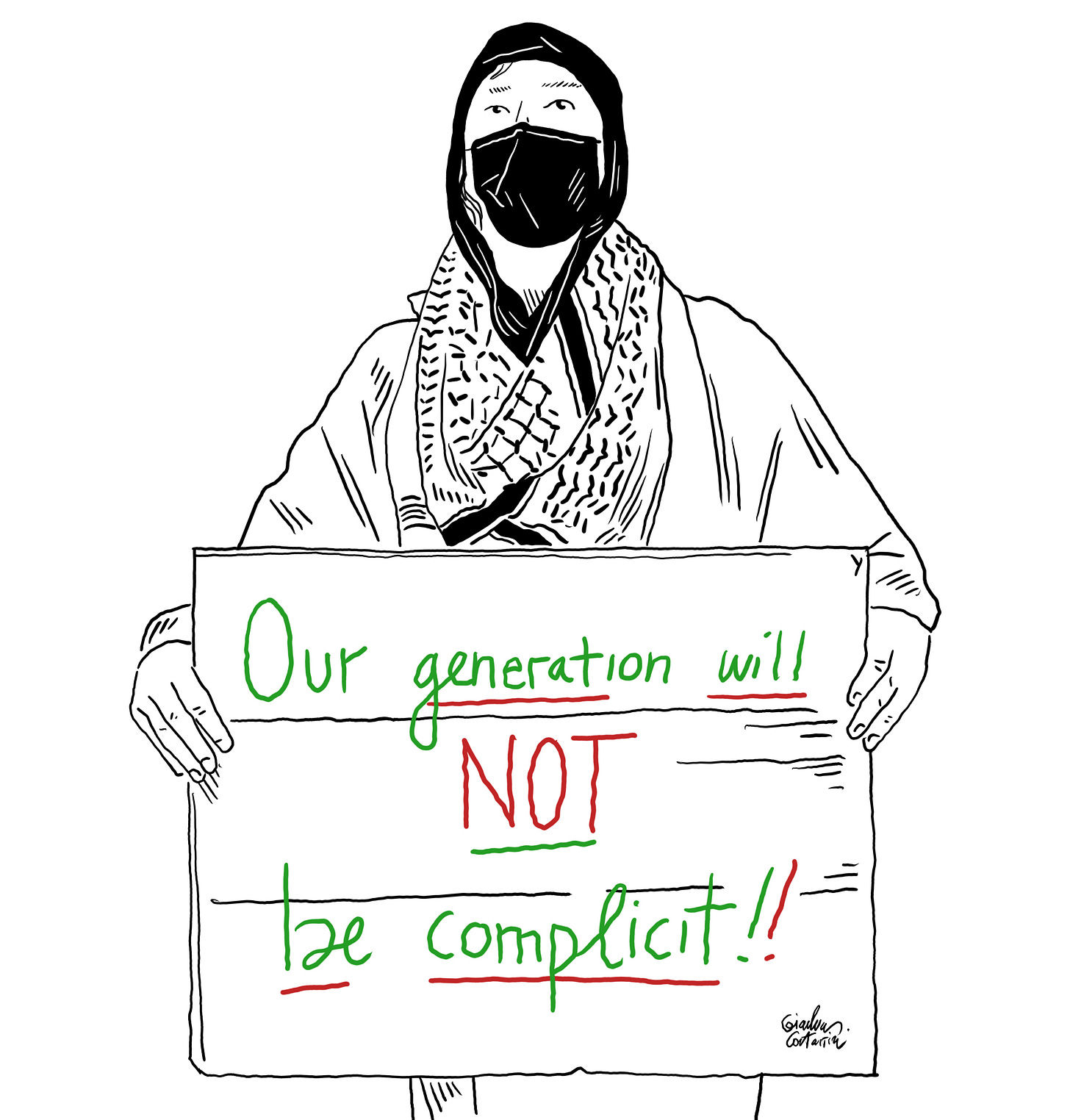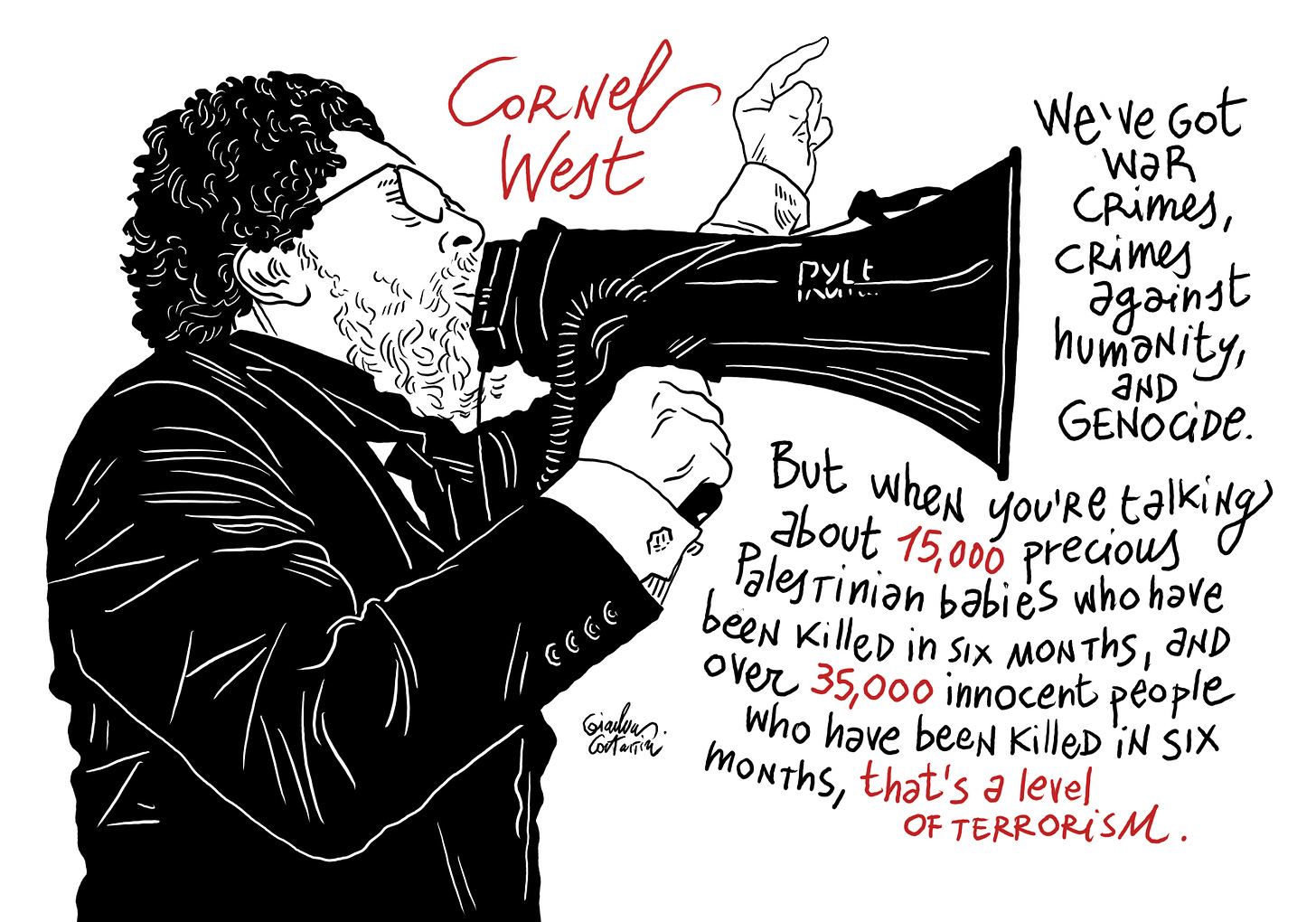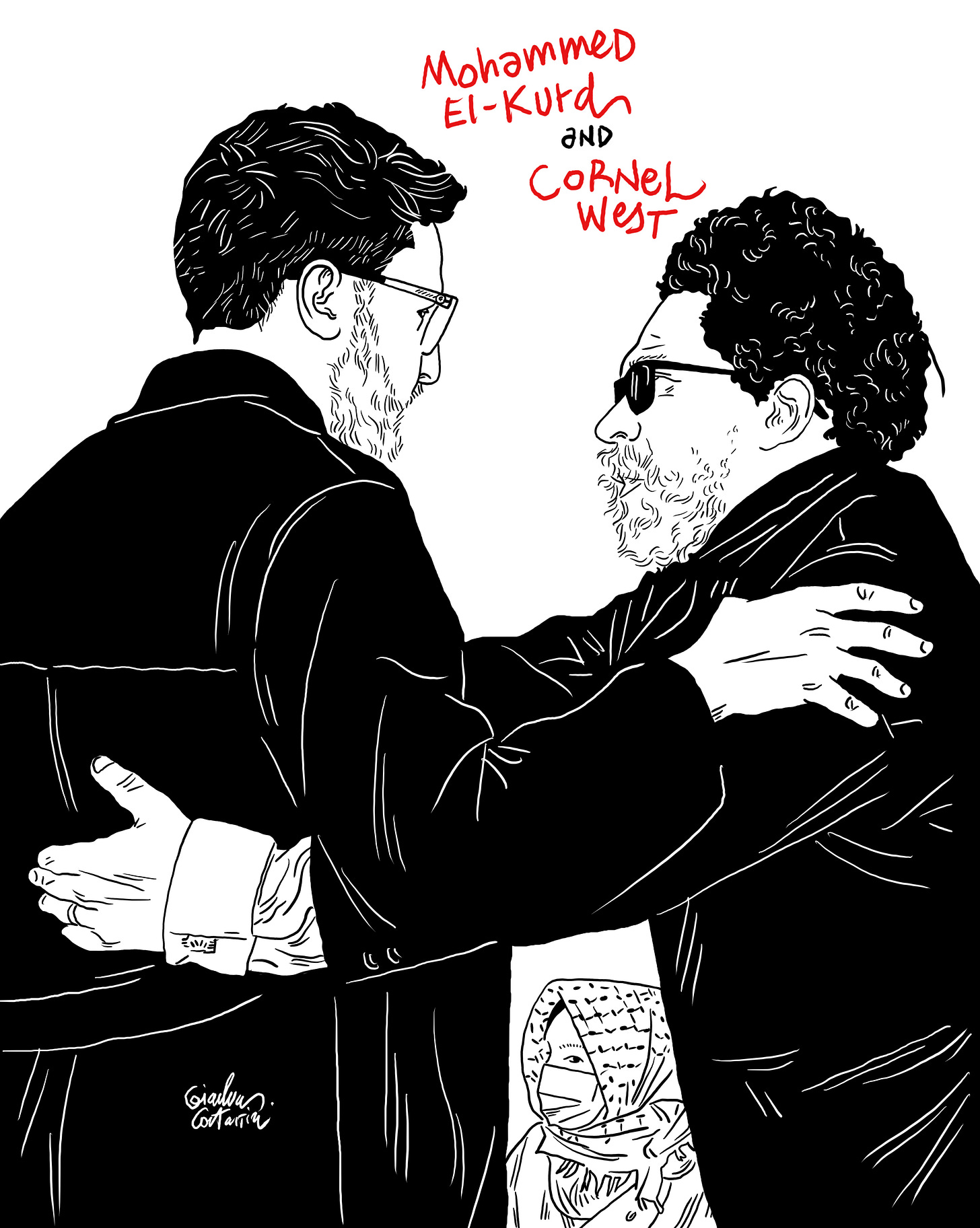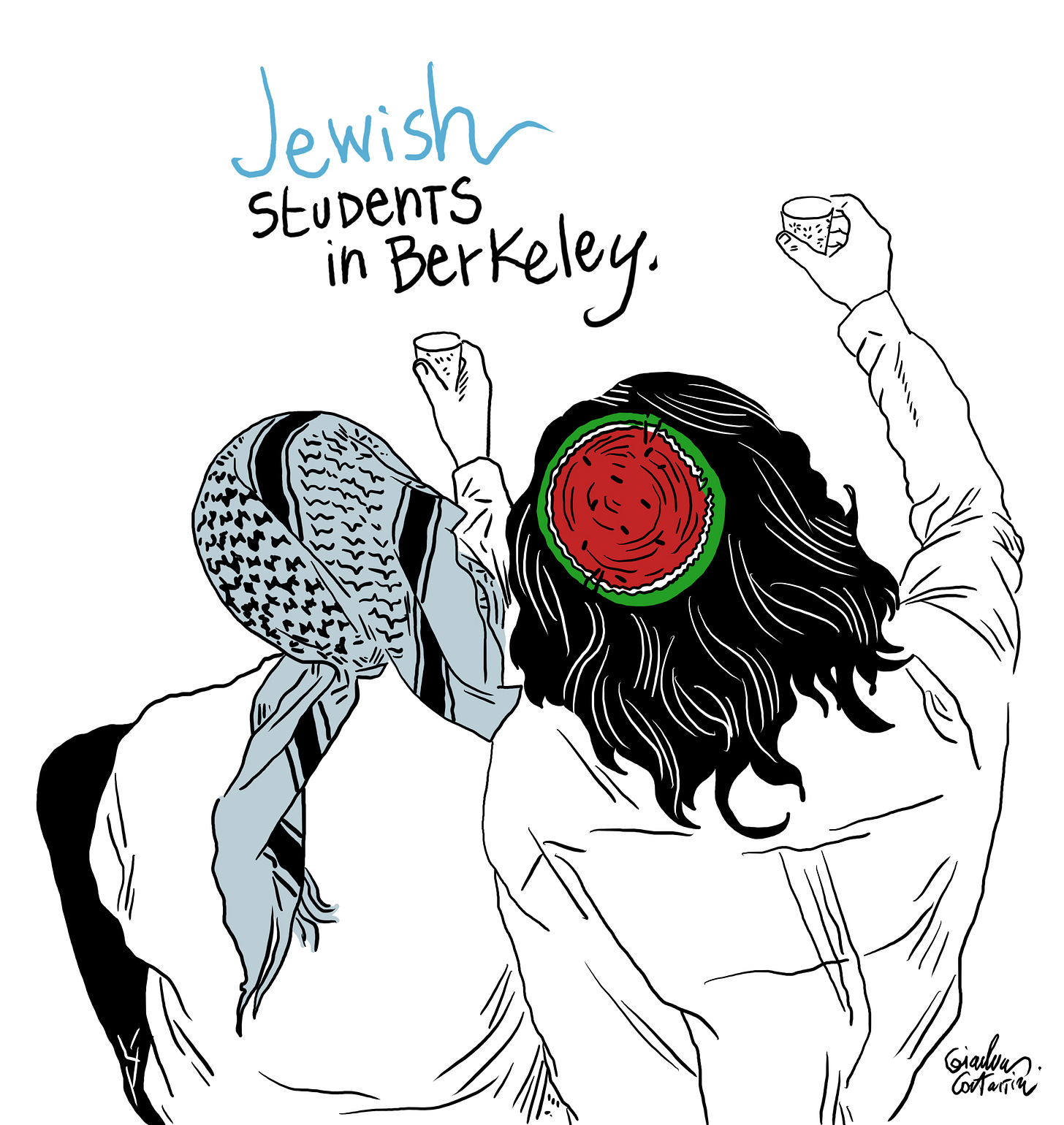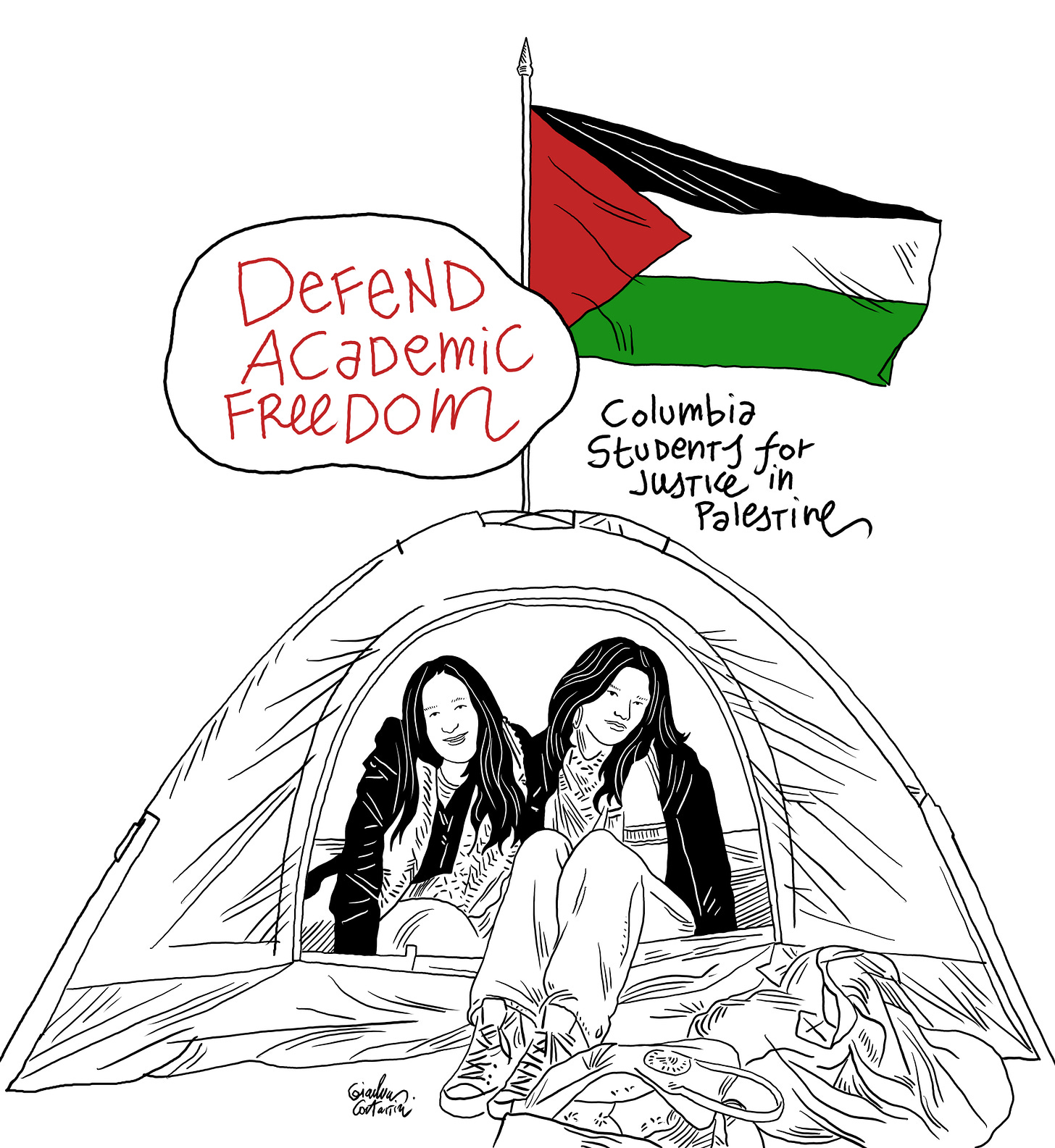Brit Beats 6- Sunak wants deportations to Rwanda as his legacy, Khan v.s Hall and how we all can help Palestinians
Rishi Sunak will not be PM for long but he wants the deportations to Rwanda to be his legacy and Sadiq Khan challenges Susan Hall. Plus, how can we all help Palestinians?
The deportation flights to Rwanda have been a project that the Tories have promoted since 2022. From Priti Patel to Suella Braverman and James Cleverly, a revolving door of Home Secretaries have travelled to Rwanda and worked relentlessly to normalise the idea of deporting asylum seekers to a third country to have their asylum claims processed there. It is certainly interesting to see the parallels between this plan and the recent plan of Giorgia Meloni to develop a similar strategy with Edi Rama’s Albania.
These public relations trips for the policy have been quite costly for UK taxpayers. Back in March, Eleni Courea reported in the Guardian that the trips of the aforementioned ministers and other officials had already costed over £400,000, since the policy was devised in 2022. No flight has left since then, thanks to the intervention of the European Court of Human Rights, the British High Court, , the work of charities focused on migration and the role of activism.
While Rishi Sunak and his inner circle are aware that their time in Downing Street is likely entering its final months, they are still on a full electoral path (even though there is not yet a date for the General Elections) and likely want the implementation of the flights to Rwanda (a plan which makes a mockery of human rights and international law) to be either part of a very unlikely winning ticket back in Downing Street, or rather a toxic legacy.
While Sunak was initially seen as a member of the moderate wing of the Tories, so to speak, over the years, and especially since he became PM, he has capitalised more and more on toxic narratives, from migration to anti-trans tropes. Among the several reasons to animate Sunak’s stance, there is likely the need to signal both the very Right of his party, which has made Braverman one of their poster leaders, but also to the more right-wing and far-right voters who aim or are planning to vote for Reform UK.
In pure Orwellian’s neolanguage taste , The Safety of Rwanda (Asylum and Immigration Bill) will need to receive Royal Assent before it can become an Act. What would happen next?
Sir Jonathan Jones KCB CK wrote an explainer on the legal prospect of the Bill for the Institute of Government. Jones lists the prospects of a constitutional challenge to the whole Act, a declaration of incompatibility under the Human Rights Act (HRA), claims based on individual circumstances, and applications to the European Court of Human Rights in Strasbourg.
In addition to this, another complication of Sunak’s government plan has to do with what neighboring countries like Ireland may decide to do since the UK has left the European Union. The Irish Minister of Justice Helen McEntee is expected to discuss a return policy for asylum seekers from Ireland to the UK this week with her British counterpart, James Cleverly.
The prospects are grim, especially given how much this Act can represent a blueprint for similar plans from the Right and the far-right in Europe, as the European elections are approaching, and globally. Furthermore, in terms of “identity politics for dummies” as I like to call it, having this plan promoted and established by non-white politicians promotes the idea that these policies are not racist, while they are.
The announcement of a major Home Office operation to detain asylum seekers this week, at a time of local elections, is both sickening and concerning.
There will certainly be challenges in the court, charities and activists will fight the good fight. Any shred of “legality” of this plan will never change its contempt for human rights, international law, and basic human decency. Also, legality and ethics have often, if not always, been on different sides of history. The transatlantic slave trade was “legal”, Jim Crow was “legal”, South African apartheid was “legal”, and the racial laws against Italian Jews promoted by Mussolini in 1938 and approved by King Vittorio Emanuele the III of House Savoia were “legal”: legality does not put these horrors, or many others, on the right side of History, as legality is too often used as a sword wielded by the oppressors and the privileged against the oppressed and marginalised.
Khan v.s Hall
Londoners and EU citizens will head to the polls on May the 2nd to renew the Greater London Authority and to decide who will lead London for the next five years. There are thirteen candidates for Mayor of London, including the satirical political candidate Count Binface, running for a second time after the 2021 Mayoral elections (the elections were due in 2020, but have been rescheduled because of the pandemic).
Beyond the numbers, however, the actual frontrunners are only four: the Lib Dems candidate Rob Blackie, the Green Party’s choice Zoe Garbett, the Tories candidate Susan Hall and the incumbent Mayor of London Sadiq Khan, running for an unprecedented and consecutive third term since the role was created in 2000, after the Greater London devolution referendum in 1998.
There are two crucial changes for voters this time: the first one is that the Mayoral elections will run under the first past the post overall system of the General Elections. Until the last Mayoral elections, voters could choose a first and second preference as Mayor, while now they will have one choice. The other change is the introduction of mandatory ID to vote; while this is common practice in many countries like Italy, it is new in the UK. However, many elements can lead us to think that the real reason why the Tories introduced this change had not much to do with avoiding electoral fraud, but more with voter suppression, akin to the Republicans move in US Southern states, especially with African Americans. Members of marginalised and racialised groups are in fact more likely not to have ID.
While the gap between Khan and Hall is favourable for the former (19 points ahead according to You Gov), these new elements have developed concerns for Sadiq Khan’s campaign. There are worries that voters may be sent away from polls if they do not have ID with them and if they are unaware of the changes, and while some Green voters in 2016 and 2021 picked Khan as their second choice after Sian Berry, this option will not be possible now. Plus, of course, voters' disillusionment is always the issue. All these elements’ potential impact is unpredictable.
Then there is the central issue around the opponent of Khan, Susan Hall, a figure who could have been perfect in openly far-right parties, like Britain First. Here is a detailed and summarised portrayal of the Tory candidate by Hope not Hate, the British leading group against the far-right and extremism.
From racist to Islamophobic opinions, to attacks against Khan, and conspiracy theories about the 2020 US elections, Hall is a magnet for far-right supporters, making her utterly unfit to lead one of the most global and diverse cities in the world. Below, you can see Hall’s supporters parade this past Saturday.
Given Hall’s profile and the fact that the Tories staff is running a campaign filled with Islamophobic attacks against Khan, antisemitic conspiracy theories and white supremacy slogans. How is it possible that such a candidate may run for Mayor in a city like London? The answer is simple: the far-right, especially in the last eight years, after Brexit and Trump’s electoral victory has become more and more mainstream and normalised. Narratives around the far-right as fringe and as a minority are outdated: the far right is not the anti-mainstream, it is the mainstream, making the Right and the far-right often impossible to distinguish from one another. Given all these elements, Khan was right to say during the LBC debate “The Tory candidate is the most dangerous candidate I fought against”.
Khan has announced his intention to extend universal free school meals (an important pledge given the impact of the cost of living crisis and child poverty, with many children relying on school meals), has called for a ceasefire in Gaza, and has implemented the ULEZ, the Ultra Low Emission Zone to curb down traffic pollution. While he may not belong to the party’s left, his agenda for London is much more on the Left than Starmer’s New Old New Labour, leading to disagreements between the mayor and the Labour leadership.
May the 2nd will not just see the Mayoral and Greater London Assembly elections in London, but in 107 local authorities all over England, including ten mayors outside the capital; we could call it a Super Thursday to borrow a term from US elections and an important test for the upcoming General Elections. You can also watch the conversation between Mehdi Hasan and Sadiq Khan for Zeteo.
How we can all help Palestinians
The genocide in Gaza can make people feel powerless. However, it is important to remember that we can do many things, and we must do what we can, all of us. To quote the late Italian activist and journalist Vittorio “Vik” Arrigoni we must “Stay human”. I spoke this week with my talented colleague and friend Anna Lekas Miller to look for some ideas. You can follow Anna on Instagram here, find her newsletter here and she is also the author of Love Across Borders: Passports, Papers, and Romance in a Divided World, that I recommend. So, here are Anna and my ideas.
We can all donate to Medical Aid for Palestinians and to UNRWA, of course.
We can support GoFundMe pages set by Palestinians trying to leave Gaza, here you can find some: there is one by Ahmed Alsa, a young artist, then Ahmed M Q D and by Nader Elkhuzundar. Please consider donating to these pages, share them, invite others to do so, and donate to similar pages.
We can be active in our community and join events or campaigns supporting the people of Gaza. You can look for your local branch of the Palestine Solidarity Campaign in Britain; here is the one for my area.
We can talk to friends and family, engage with them, and try to involve them in supporting and advocating for the rights of Palestinians.
We can reach out and support groups like Parachute Project, movement attorneys fighting for pro-Palestine students, faculty, & staff at campuses all over the US. Parachute Project is currently suing New York University, the University of Pennsylvania, the City University of New York, and others. We can also highlight, support, and raise the voices of the global student movement for Palestine. Personally, these young students give me hope for the future, they are bold and outstanding. And, if you are in London join the protest every Sunday!
That’s all for Brit Beats today. The newsletter will be back on May 7, with some new good podcasts and read suggestions. I will leave just one for today, the first Zeteo podcast, hosted by Mehdi Hasan and with Bassem Youssef as a regular guest, We’re not Kidding with Mehdi and Friends.
In the meantime, below you will find some of the work of the talented cartoonist Gianluca Costantini (@channeldraw on Instagram) in support of US students pro-Palestine. Thanks, Gianluca for sharing these with the newsletter (all copyright is Gianluca Costantini’s). You can find Gianluca’s website here.
